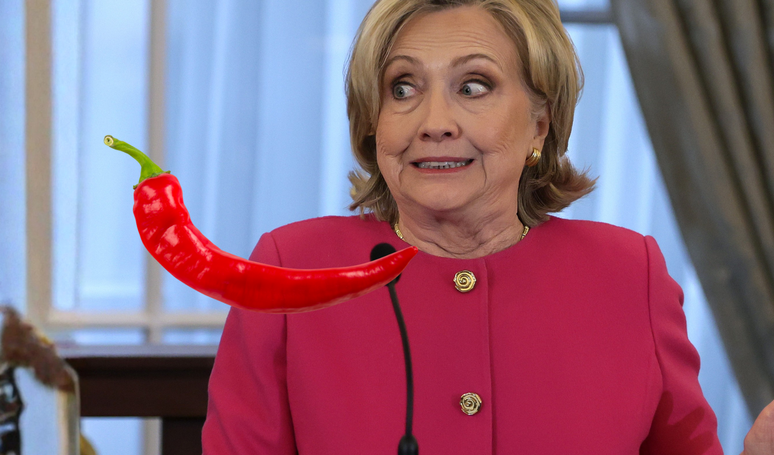The endocrinologist teaches how to correctly interpret packaging to escape food traps

You usually read the food labels at the supermarket, before buying them? In addition to checking the amount of calories that products have, for example, you need to pay attention to other aspects. The shelves are filled with items that look healthy but can actually ruin your diet and even harm your health.
It is not new that natural and simple foods are always the best choice. “Bringing nature to the table puts us in contact with food, flavors and nutrients in their purest form and as close to their original form as possible. It is the real homemade food that is good for you”, explains Dr. Paula Pires, endocrinologist and metabologist at the USP (University of Sao Paulo).
However, it is undeniable that some industrialized products offer greater convenience and, at times, even promise things that, in many cases, they fail to deliver. To avoid pitfalls, Dr. Paula separated 12 common jokes, which deserve attention. Watch:
Pay attention to food labels
1 – Light products
They offer less fat than the original versions, however they can be just as or more dangerous. “To keep the texture and flavor of the original version, they need a lot of sugar or aspartame to add. Check the additives well,” reveals the doctor.
2 – Multigrain foods
According to the doctor. Paula, a multigrain product is not necessarily 100% wholemeal. “It contains more than one type of grain and one of them can be enriched flour [consultar item 10] with iron and folic acid, “he says.
3 – Indication that the industrialized product is natural
“It doesn’t mean it’s similar to something natural, but that, at some point, the manufacturer worked with a natural source, such as apples or rice,” explains the endocrinologist.
4 – Staff
“It says very little about being a healthy product. For example, organic sugar is still sugar (which can damage the pancreas). And organic yogurt can be full of added sugar,” he says.
5 – Without added sugars
“Some products are naturally high in sugar. The fact that they haven’t added sugar doesn’t mean they’re healthy, and unhealthy sugar substitutes may have been added as well,” he comments.
6 – Low calorie content
Few calories for whom? This is the question. “Low calorie products must have a third fewer calories than the brand’s original product. And they can be zero calories, but full of excess additives and sweeteners,” says Dr. Paola.
7 – Low fat content
Remove on one side, add on the other. “The fat has been reduced at the expense of adding more sugar. Normally, when we take out one ingredient, we replace it with another which can be even worse,” she says.
8 – Low in carbohydrates
“Low-carb diets (low in carbohydrates) have been associated with improved health. However, processed foods labeled low in carbohydrates are often firm junk foodprocessed, similar to low-fat processed foods, “says the doctor.
9 – Whole grain products
Another piece of information that doesn’t mean much. “Make sure whole grains are in the top three ingredients; otherwise, the amount is negligible,” warns the doctor.
10 – Fortified or enriched
“It means that nutrients have been added to the product. For example, vitamin D is often added to milk. However, just because something is fortified doesn’t necessarily make it healthy,” explains Dr. Paola.
11 – Gluten free
“Gluten-free doesn’t mean healthy. The product simply doesn’t contain wheat, rye or barley. Many gluten-free foods are highly processed and loaded with unhealthy fats. What’s the best gluten-free food? What doesn’t They don’t even have a label. : vegetables, rice, beans, fruit, quinoa… ”, he reveals.
12 – Fruit-flavored
“Many processed foods have a name that refers to a natural flavor, such as strawberry yogurt. However, the product may not even contain fruit, just chemicals that taste like fruit,” warns the endocrinologist.
final recommendation
“Spend even a minute looking at the ingredients list. And when you make an exception and eat things that aren’t that healthy (which you can and should do, sometimes yes), do it with conscience, common sense and that which is really the goal is always to minimize this use, preferring simple and natural foods, those that come directly from the fair and do not even have a label to read “, concludes Dr. Paola.
Source: Dr. Paula Pires, endocrinologist and metabologist of the USP (University of San Paolo).
Source: Terra
Benjamin Smith is a fashion journalist and author at Gossipify, known for his coverage of the latest fashion trends and industry insights. He writes about clothing, shoes, accessories, and runway shows, providing in-depth analysis and unique perspectives. He’s respected for his ability to spot emerging designers and trends, and for providing practical fashion advice to readers.





![A More Beautiful Life in Advance: Jennifer Gets Lost in the Feelings… What’s in store for the week of October 27 – October 31, 2025 [SPOILERS] A More Beautiful Life in Advance: Jennifer Gets Lost in the Feelings… What’s in store for the week of October 27 – October 31, 2025 [SPOILERS]](https://fr.web.img6.acsta.net/img/da/bf/dabf67a32e462c255362445e30b8ae1c.jpg)

